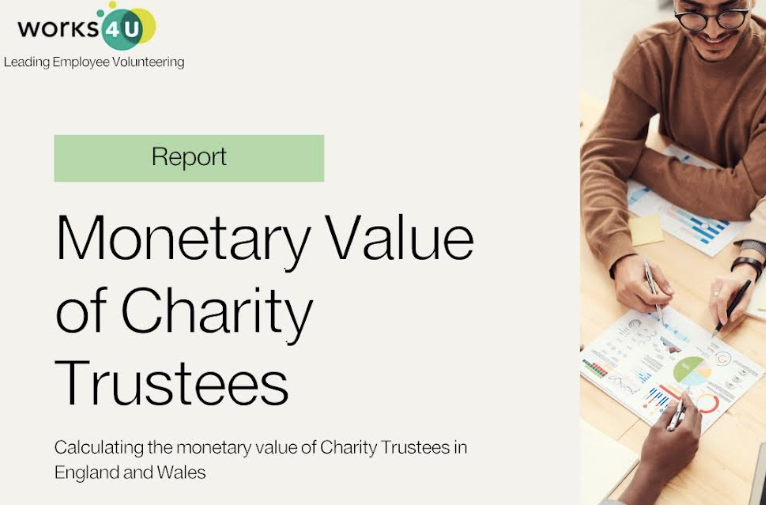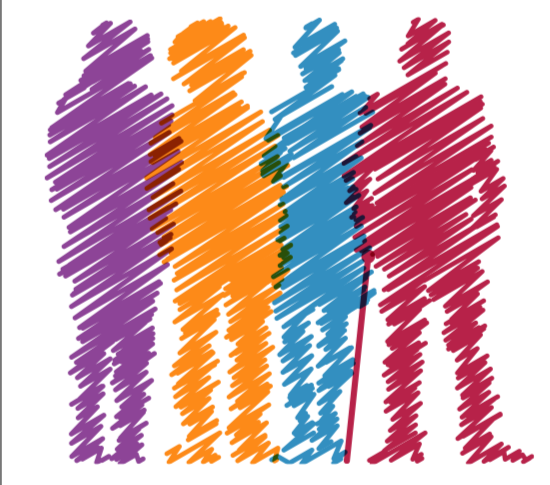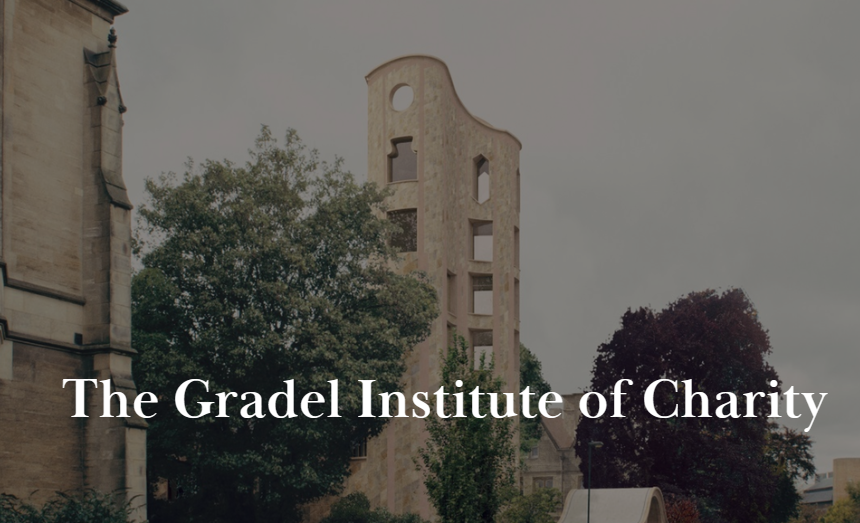Woosh Raza, director of people, culture and inclusion at NCVO reflects on his own journey of inclusion and discusses why the organisation is moving away from using terms like BAME and people of colour.
_________________________________________________________________
This National Inclusion Week I’ve been reflecting on my own journey of inclusion. While, today, I’m proud to work for an organisation where my differences are my strengths, I also know that feeling of inclusion isn’t something everyone can claim to enjoy.
I choose to live my life at the intersection of everything I am, but it’s taken me a long time to feel comfortable in this space. For lots of people, every day is filled with the reality that how we look, how we worship, and how we love impacts how we experience life.
Growing up as a first-generation British Pakistani, I know how it feels to be made to feel like a minority. In a society that positions “whiteness” at the centre – whether that’s through the media we consume, the politicians that are on our screens, or from the textbooks we learn from at school – the white experience is positioned as universal, while anything that falls outside of this boundary – is labelled, “other”.
This impacted me in ways that I am still unpicking, as I have come to understand how I minimised myself and parts of my identity in order to fit into a white-centric society.
I have learned first-hand the importance of language, and the power of the words that we use to describe our identity.
It is my mission to lead the way in our conversations on race and inclusivity – so that future generations aren’t made to feel like a minority.
This is why we are examining language at NCVO, and reconsidering the terms we use to describe identity. The problem with terms like BAME, people of colour and ethnic minority is that, not only are they blunt and often inaccurate, they exist just by virtue of not being white.
They homogenise and minoritise the people that make up 85% of the world’s population – centring the white experience, imagining it to be universal. This devalues and delegitimises the experiences of the majority of the global population, and we see things through the lens of “white” and “non white”.
We believe using the term global majority in place of others reframes this narrative – it does not exist in relation to whiteness. It allows people who have been racialised as a minority to see themselves as part of a global community – rather than minorities revolving around the white experience.
The term isn’t perfect – and there never will be a one size fits all phrase that can capture the complex, rich and varied history, and culture of Britain’s diverse ethnic groups.
But we must listen and be led by the communities that have been racialised and marginalised – and crucially it is these voices, including myself, who don’t identify with categorisations like BAME. NCVO adopting a term coined by a black British woman, as opposed to one that was created by a room of civil servants, makes me feel pride.
I am proud to see NCVO taking a step forward on its journey to becoming a truly anti-racist organisation as we ensure that our language creates space for representation and belonging for people of all backgrounds.
For us to better represent our staff, our members, and for the communities across the country, these conversations are essential.
Inclusion doesn’t have an endpoint, for us to better represent our staff, our members, and for the communities across the country, we must continuously stop and examine how we are doing things and consider what we might do differently.
I’m always open to having conversations about how we make things better and create a culture of belonging that allows all individuals to thrive.
Latest News
-
From comics to crockery: the best places for charity shop sales revealed
-
Three arrests made amid ‘large-scale theft' of charity clothes donations
-
Global majority voluntary sector leadership programme launches
-
Agency overhauls community charity’s brand for free
-
Mothers and babies charity to close ‘due to ongoing funding struggles’
-
FareShare interim boss takes role on a permanent basis
Charity Times video Q&A: In conversation with Hilda Hayo, CEO of Dementia UK
Charity Times editor, Lauren Weymouth, is joined by Dementia UK CEO, Hilda Hayo to discuss why the charity receives such high workplace satisfaction results, what a positive working culture looks like and the importance of lived experience among staff. The pair talk about challenges facing the charity, the impact felt by the pandemic and how it's striving to overcome obstacles and continue to be a highly impactful organisation for anybody affected by dementia.
Charity Times Awards 2023
Mitigating risk and reducing claims

The cost-of-living crisis is impacting charities in a number of ways, including the risks they take. Endsleigh Insurance’s* senior risk management consultant Scott Crichton joins Charity Times to discuss the ramifications of prioritising certain types of risk over others, the financial implications risk can have if not managed properly, and tips for charities to help manage those risks.
* Coming soon… Howden, the new name for Endsleigh.
* Coming soon… Howden, the new name for Endsleigh.
Better Society

© 2021 Perspective Publishing Privacy & Cookies











Recent Stories